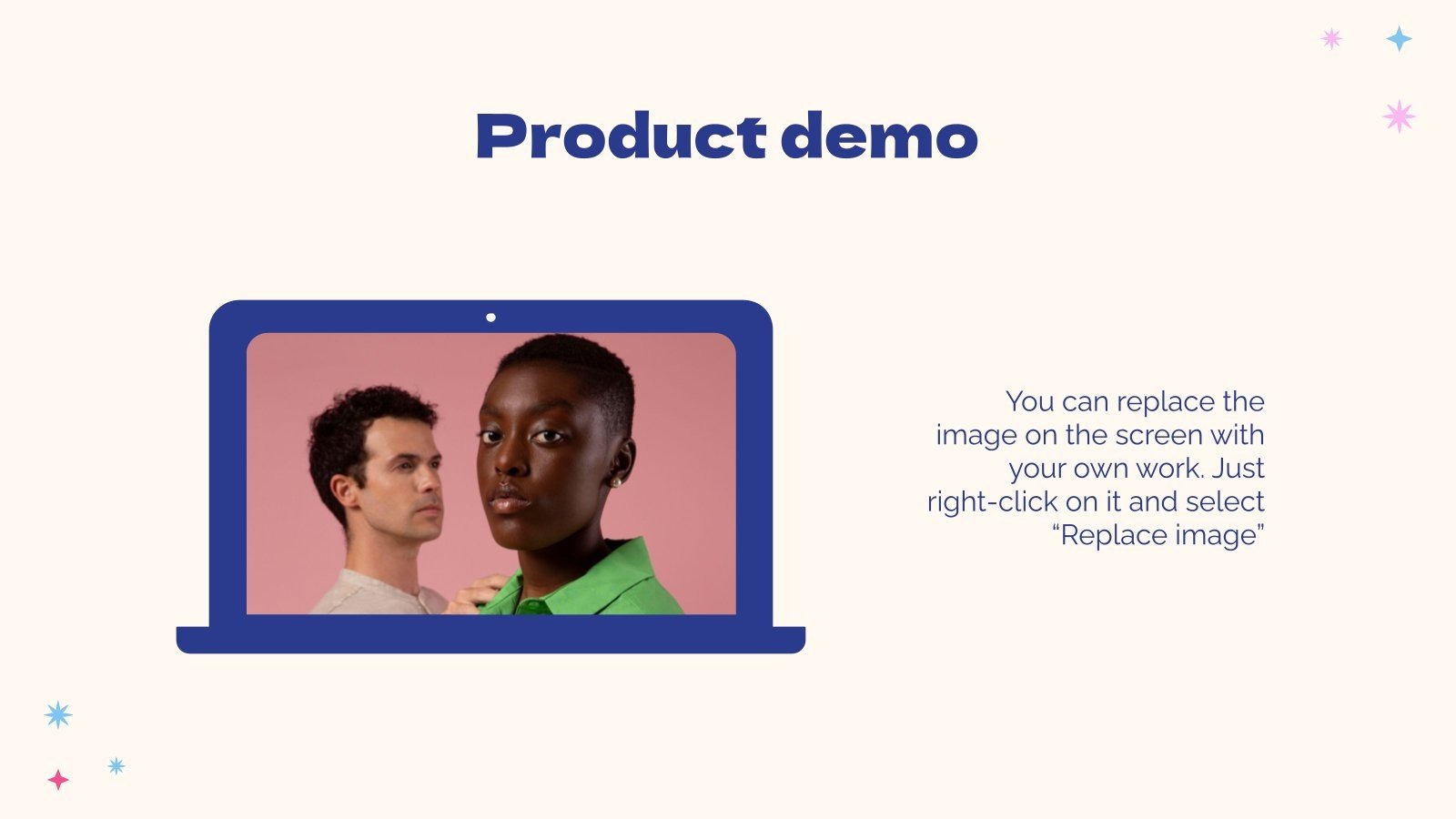How To Be A Better Ally On International Transgender Day Of Visibility And Beyond

Table of Contents
Educate Yourself on Transgender Issues
Understanding is the foundation of allyship. To be a better transgender ally, you must first educate yourself on transgender issues, gender identity, and the challenges faced by the transgender community.
Understanding Gender Identity and Expression
It's crucial to grasp the difference between sex assigned at birth (often based on biological factors) and gender identity (an individual's internal sense of being a man, woman, both, neither, or somewhere else along the gender spectrum). Gender expression refers to how someone outwardly presents their gender. This can include clothing, hairstyle, behavior, and other forms of self-expression. There’s a wide spectrum of gender identities and expressions, including transgender, non-binary, genderfluid, and many others.
- Research reputable organizations: Start by exploring resources from organizations like The Trevor Project, GLAAD (Gay & Lesbian Alliance Against Defamation), and the Human Rights Campaign. These organizations provide accurate information and support for the LGBTQ+ community.
- Read diverse voices: Seek out books and articles written by transgender authors and experts. Their firsthand accounts offer invaluable insight and perspective.
- Engage with media: Watch documentaries and listen to podcasts featuring transgender voices. This helps to humanize the experiences and challenges faced by transgender individuals.
- Embrace the nuances: Understand that gender identity is complex and diverse. Learn about different terms and experiences within the transgender community, including the nuances of transgender identities beyond the binary.
- Acknowledge the struggles: Educate yourself on the systemic challenges faced by transgender people, including discrimination, violence, lack of access to healthcare, and issues with legal recognition of their gender identity. This understanding is vital for effective allyship.
Use Inclusive Language and Pronouns
Language holds immense power, and using inclusive language is paramount for showing respect and creating a safe environment for transgender individuals.
Respecting Personal Pronouns
Using someone's correct pronouns is a basic act of respect. Misgendering – using incorrect pronouns – can be deeply hurtful and invalidating.
- Lead by example: Introduce yourself with your pronouns (e.g., "Hi, I'm Alex, and my pronouns are he/him."). This normalizes the practice and encourages others to do the same.
- Ask politely and respectfully: When unsure, politely ask for someone's pronouns (e.g., "What pronouns do you use?"). Respect their answer without judgment.
- Correct yourself immediately: If you make a mistake, correct yourself immediately and apologize sincerely. Learning is a process, and owning your mistakes demonstrates respect and willingness to improve.
- Avoid assumptions: Never assume someone's gender identity based on their appearance, name, or any other factor.
- Use gender-neutral language: When possible, opt for gender-neutral language (e.g., "partner" instead of "wife/husband," "folks" instead of "guys").
Challenging Transphobic Language and Behavior
Being a transgender ally means actively challenging transphobic language and behavior whenever and wherever you encounter it.
- Speak up respectfully but firmly: If you hear someone making transphobic remarks, speak up respectfully but firmly. Educate them on the harm of their words and actions.
- Correct misinformation: Challenge inaccurate or harmful stereotypes about transgender people. Provide factual information from reputable sources.
- Support those targeted: If you witness someone targeting or harassing a transgender individual, offer your support. This might involve intervening safely or reporting the incident.
- Report transphobia: Report instances of transphobia to the appropriate authorities, depending on the severity and context of the situation.
Advocate for Transgender Rights and Equality
True allyship extends beyond personal interactions; it involves advocating for systemic change and supporting policies that protect transgender rights.
Supporting Policy Changes
You can make a real difference by advocating for policies that advance transgender rights and equality.
- Contact your elected officials: Contact your local, state, and federal representatives to express your support for inclusive policies.
- Support relevant organizations: Donate to or volunteer with organizations working to advance transgender rights and LGBTQ+ equality.
- Vote thoughtfully: Vote for candidates who have demonstrated a commitment to protecting the rights of transgender people.
- Stay informed: Educate yourself on relevant legislation and policies affecting the transgender community.
Promoting Inclusive Practices in Your Workplace or Community
Creating inclusive environments in your workplace or community is a crucial step toward fostering acceptance.
- Advocate for inclusive facilities: Advocate for gender-neutral restrooms and changing facilities in your workplace or community.
- Promote inclusive policies: Support policies that promote gender inclusivity and protect transgender individuals from discrimination.
- Support inclusive businesses: Patronize businesses that are committed to inclusivity and support the transgender community.
- Organize or participate in events: Organize or participate in events promoting transgender visibility and awareness.
Listen and Learn from Transgender Experiences
Centering transgender voices is paramount for effective allyship. Your role is to listen, learn, and amplify the experiences of the community you’re supporting.
Centering Trans Voices
Allyship means actively listening to and learning from transgender individuals.
- Create space for sharing: Create a safe and respectful space for transgender people to share their experiences and perspectives.
- Listen actively and empathetically: Listen actively and empathetically, without interrupting or judging. Focus on understanding their perspectives.
- Avoid centering your own experiences: Avoid making the conversation about your own feelings or experiences. The focus should remain on the transgender individual(s).
- Learn from their expertise: Recognize the valuable expertise and knowledge held by transgender individuals and communities.
Conclusion
Being a better transgender ally is an ongoing journey of learning, reflection, and action. By educating yourself, using inclusive language, advocating for change, and listening to transgender voices, you can significantly contribute to creating a more just and equitable world. Let's continue to work towards true transgender visibility and acceptance, not just on International Transgender Day of Visibility, but every day. Become a stronger transgender ally today!

Featured Posts
-
 Young Thugs Surprise Vow Of Fidelity To Mariah The Scientist In Recent Music Snippet
May 10, 2025
Young Thugs Surprise Vow Of Fidelity To Mariah The Scientist In Recent Music Snippet
May 10, 2025 -
 Pam Bondi Accused Of Hiding Epstein Records By Senate Democrats
May 10, 2025
Pam Bondi Accused Of Hiding Epstein Records By Senate Democrats
May 10, 2025 -
 Wall Streets Resurgence The Implications For Bear Market Investors
May 10, 2025
Wall Streets Resurgence The Implications For Bear Market Investors
May 10, 2025 -
 Senate Democrats Claim Pam Bondi Covered Up Epstein Records
May 10, 2025
Senate Democrats Claim Pam Bondi Covered Up Epstein Records
May 10, 2025 -
 Analysis Of Trumps Transgender Military Ban Unpacking The Arguments
May 10, 2025
Analysis Of Trumps Transgender Military Ban Unpacking The Arguments
May 10, 2025
